MOM is a specialized infertility and reproductive health center in Tehran, Iran. It was designed based on successful international models and in collaboration with the best Iranian specialists, making Iran one of the leading countries in infertility treatment.
MOM achieves excellent success rates using Assisted Reproductive Technologies (ART), including IVF, and is considered a top choice for patients seeking both local and international infertility treatments.
IVF
IVF + Sperm donation
Iran is an ideal destination for infertility treatment due to its combination of affordable costs, high success rates in IVF, and advanced reproductive technology. With modern medical centers, and highly skilled doctors, Iran provides effective treatments comparable to international standards.
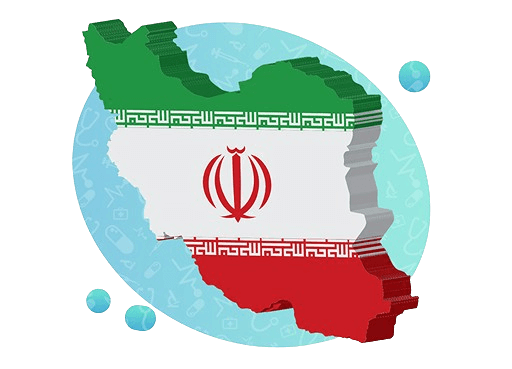
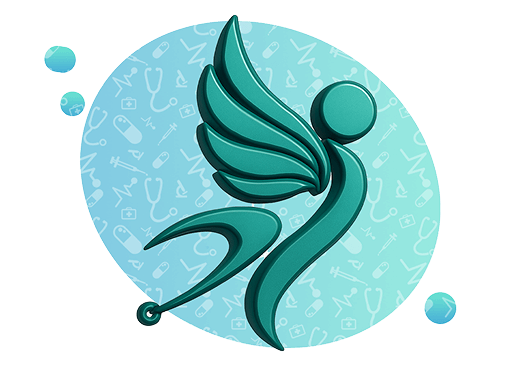
CarefulTrip provides comprehensive health tourism services, offering support to International patients. The agency assists with logistics such as visa facilitation, accommodation, doctor visits, and translation services, making the treatment process smoother in Iran. CarefulTrip collaborates with the MOM Infertility Center, a leading Fertility center with the highest standards of quality.
Iran is an ideal destination for infertility treatment due to its combination of affordable costs, high success rates in IVF, and advanced reproductive technology. With modern medical centers, and highly skilled doctors, Iran provides effective treatments comparable to international standards.

Our team includes leading IVF doctors in Iran, recognized for their experience, precision, and high success rates in fertility treatment.
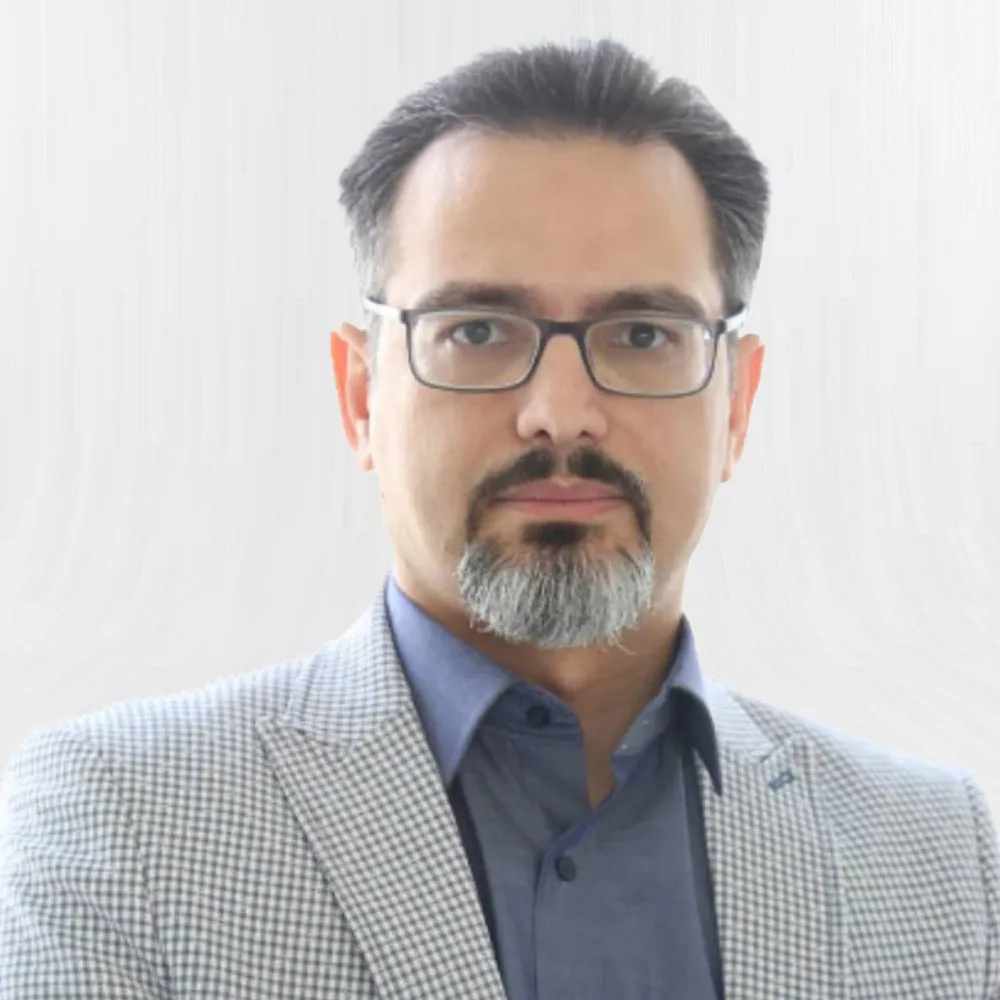
dr.otroj

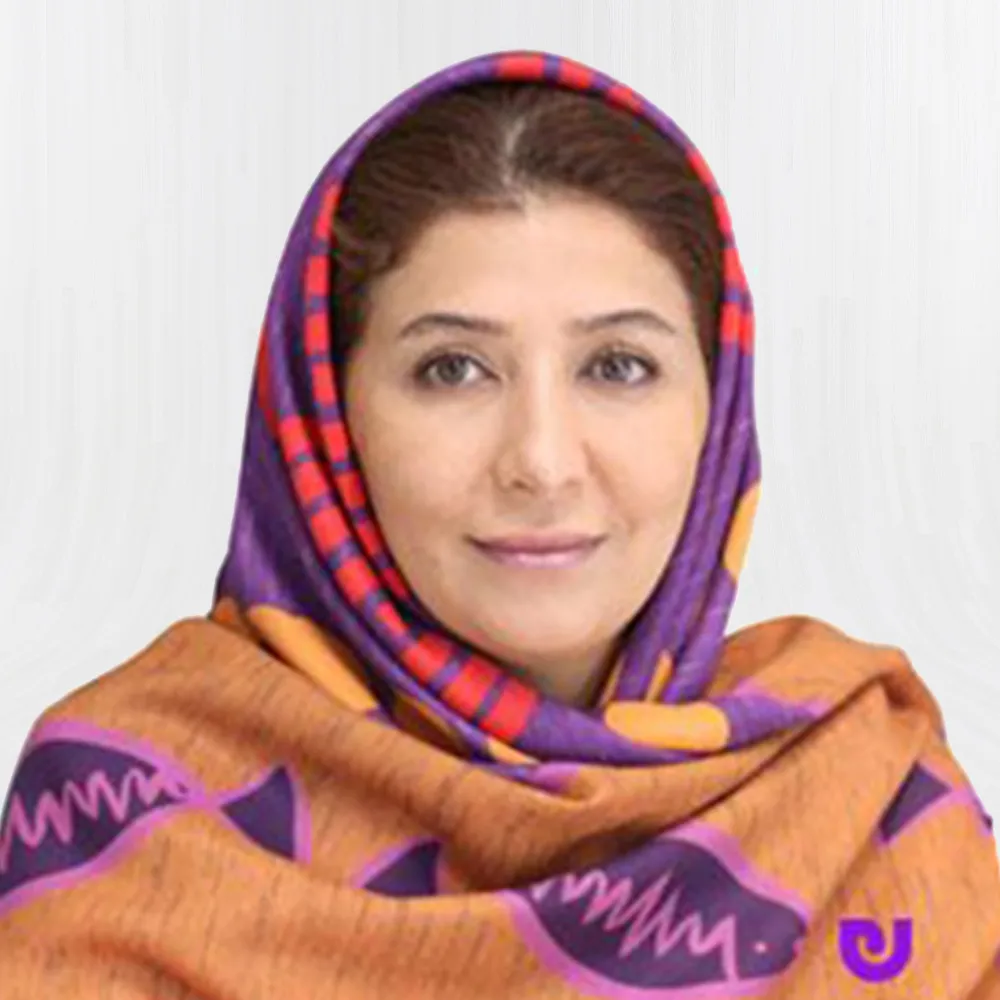
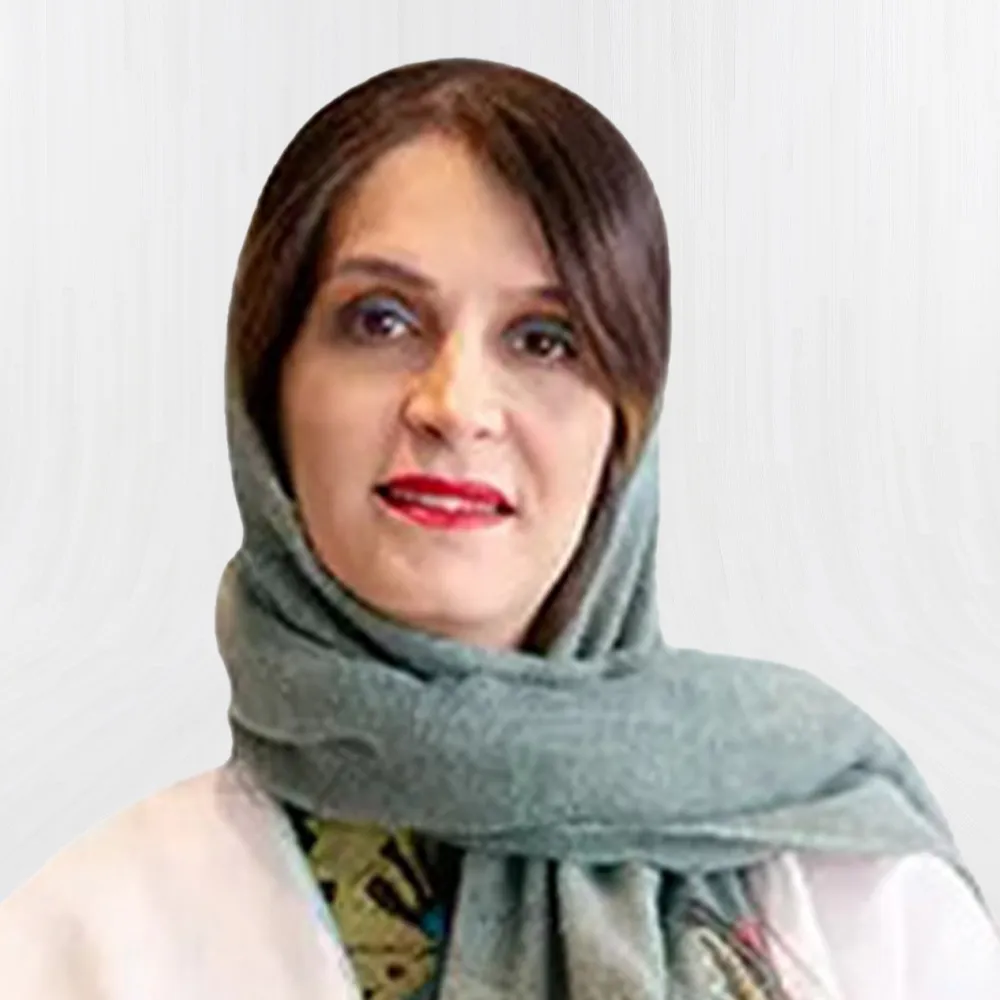
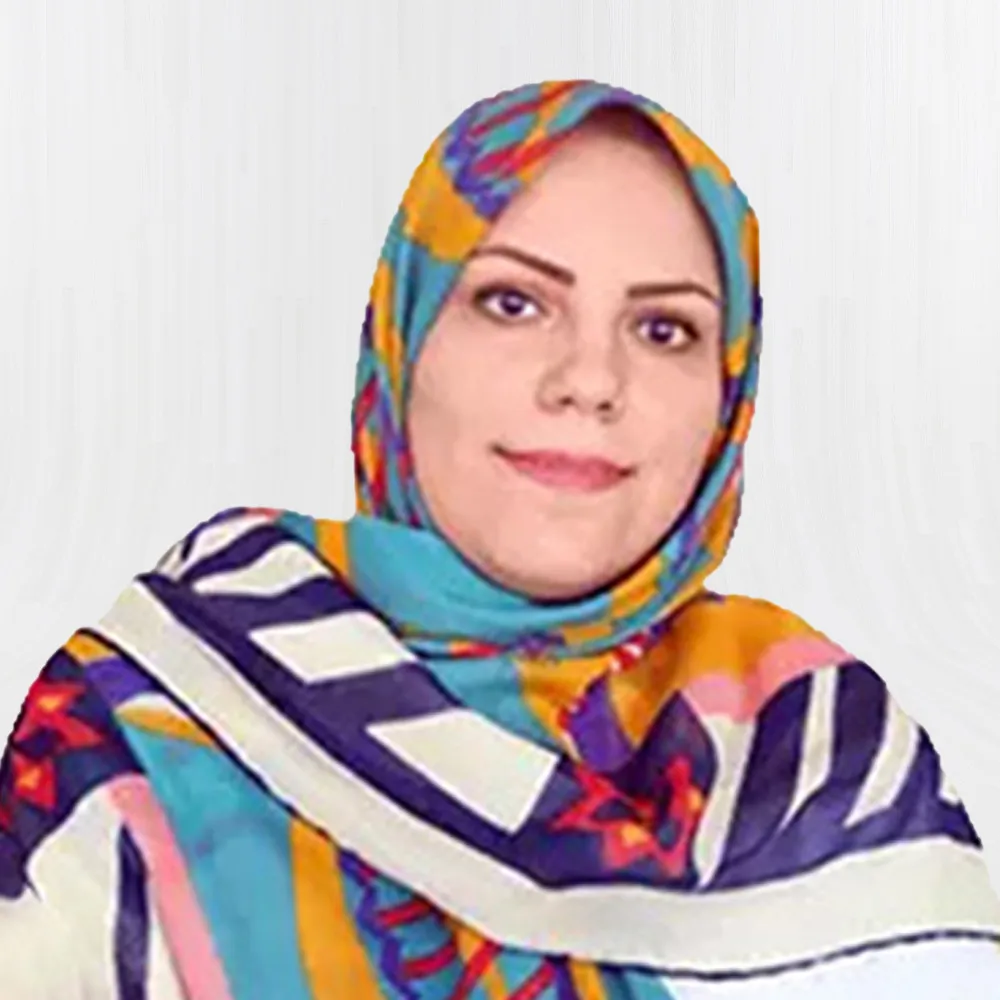
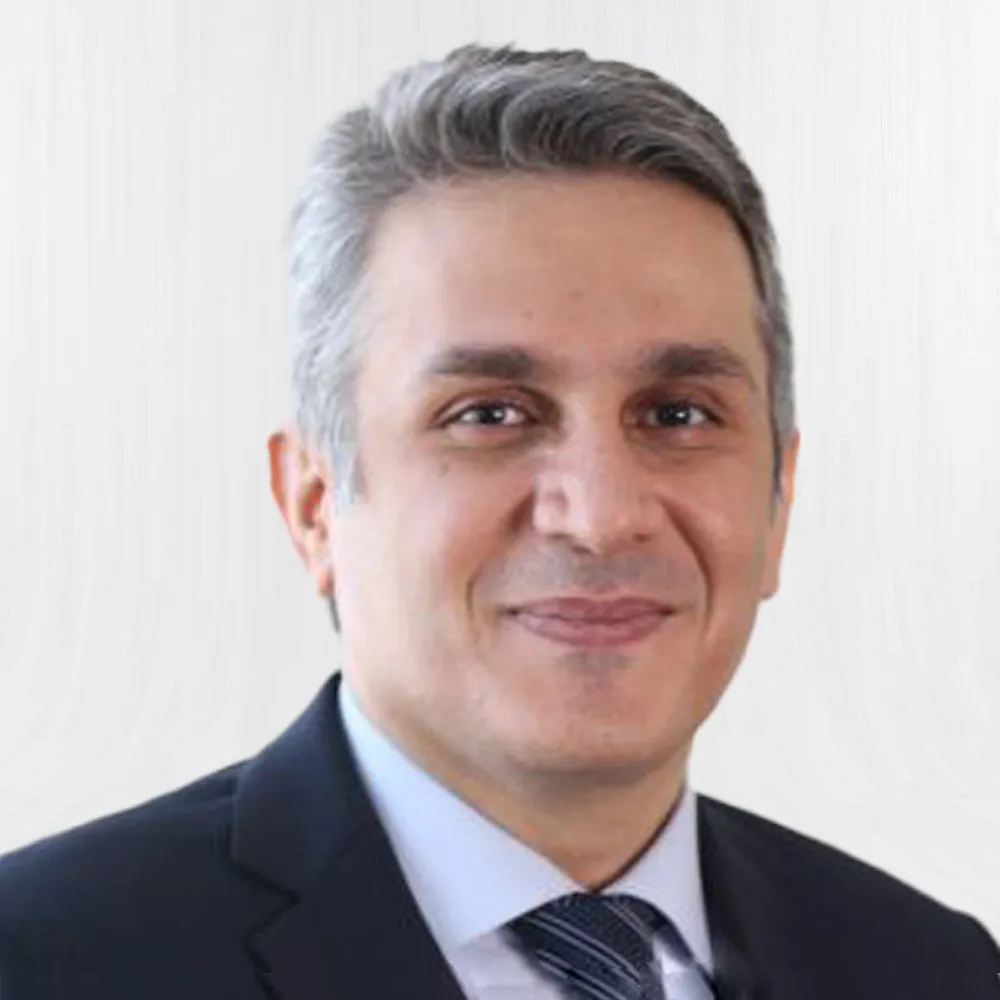
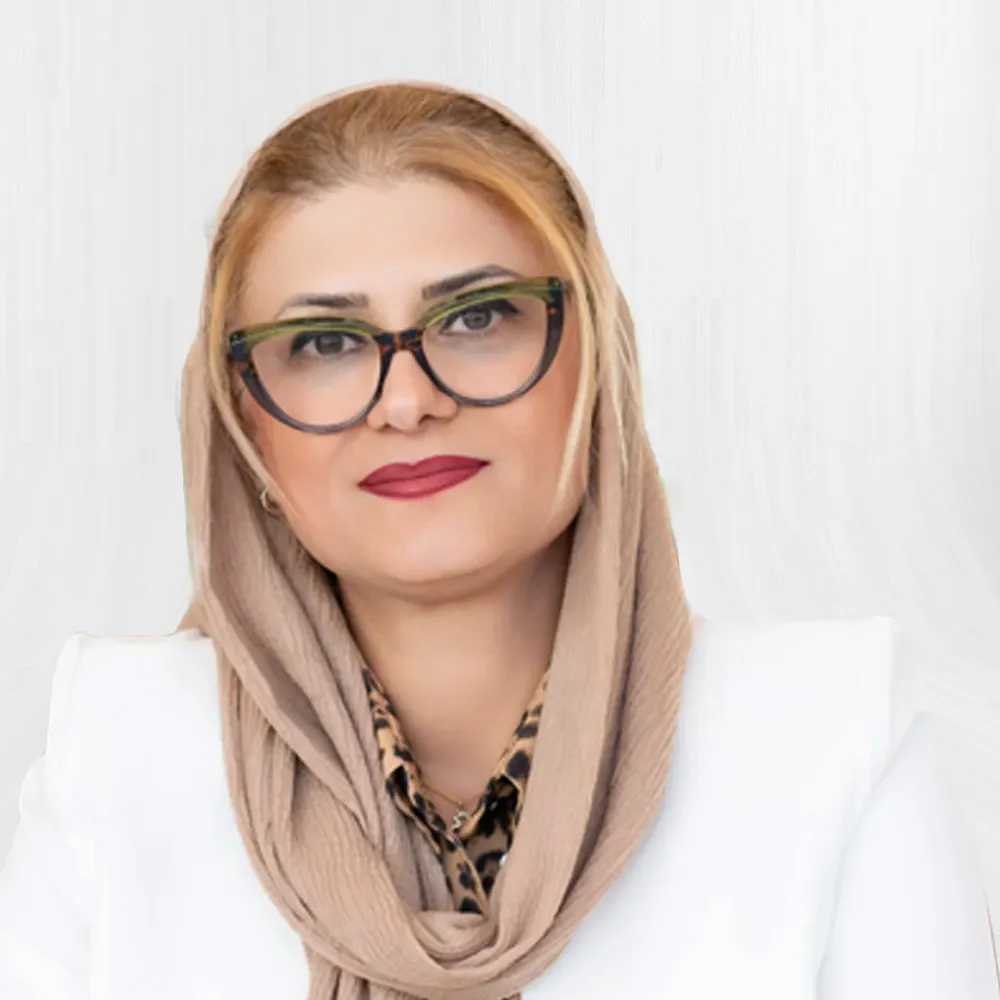
We Serve What You Deserve!
At CarefulTrip, we transform your medical adventure into an unforgettable story. From seamless accommodation and visa support to effortless transfers and more—our expert team takes care of every detail. With world-renowned doctors, cutting-edge hospitals, and truly unbeatable prices, Iran shines as the ultimate destination for health tourism. Trust us to deliver not just treatment, but an experience worth cherishing.
Our IVF patients share their positive experiences with us. Discover why couples prefer undergoing IVF treatment in Iran.
CarefulTrip is a premier health tourism agency and healthcare provider in Iran, recognized with the IMTJ certification. The International Medical Travel Journal (IMTJ) certification stands as a testament to our dedication to delivering exceptional treatment, care, and service backed by our highly qualified doctors and dedicated staff.


In recent years, IVF in Iran has gained a reputation as one of the world’s most reliable and affordable fertility treatments. Thousands of couples from the Middle East, Europe, and beyond travel to Iran each year seeking advanced medical care, modern technologies, and experienced fertility specialists. But before making such an important decision, many couples naturally ask: How successful is IVF in Iran? What does the process look like? Are there risks, and what advanced techniques are available?
This article provides a complete guide to IVF in Iran, answering the most frequently asked questions in a structured, detailed, and trustworthy way.
Iran has established itself as a regional leader in assisted reproductive technologies (ART). Several factors contribute to its popularity:
One of the biggest reasons couples consider IVF in Iran is the country’s impressive success rates. On average, Iranian clinics report success rates of 50–65% per cycle, which is on par with top fertility centers in the U.S., Europe, and Asia.
Several factors explain these strong outcomes:
It’s worth noting that success rates are not uniform for all patients. Just as in any country, results depend heavily on factors such as maternal age, health conditions, and the quality of sperm and eggs used.
Yes, age is one of the most important predictors of IVF success in Iran, as it is everywhere else. The younger the woman, the better the chances of a successful pregnancy:
To address age-related challenges, Iranian clinics also offer egg freezing (oocyte cryopreservation). This allows younger women to preserve their eggs for use later in life, improving chances of success even if they choose to have children in their late 30s or 40s.
IVF is not the first line of treatment for infertility. Couples usually undergo simpler treatments first, such as medication or intrauterine insemination (IUI). However, IVF is recommended when other methods fail or when certain medical conditions make it the best option.
In Iran, specialists carefully evaluate medical history, test results, and lifestyle factors before recommending IVF, ensuring the treatment is medically appropriate and has a strong chance of success.
The IVF process in Iran follows internationally recognized steps, but clinics in the country are also known for providing personalized care to each couple.
For international patients, preparation is key. Clinics in Iran require medical records to create personalized treatment protocols.
Providing these documents in advance speeds up consultations and ensures that specialists have the full picture before starting treatment.
Traveling to Iran for IVF involves more than just medical care—it also includes logistics and comfort. Health tourism agencies often partner with clinics to provide:
This holistic approach ensures that patients feel supported during their stay, reducing stress and allowing them to focus on their treatment.
IVF is a safe procedure, but like all medical treatments, it carries potential risks.
Fortunately, most patients experience only mild side effects, and Iranian clinics provide close monitoring to minimize risks.
Iranian fertility clinics prioritize patient safety. To reduce risks, they:
Iran has invested heavily in reproductive technology. Clinics now offer advanced services such as:
These technologies allow Iranian clinics to handle complex infertility cases with high success.
Yes. Egg donation is permitted in Iran and follows strict medical and ethical guidelines. Donors are screened for:
This ensures that donated eggs are safe and effective for IVF. Egg donation is particularly important for women with premature ovarian failure or older women with reduced egg quality.
Sperm donation is also legal in Iran and regulated to protect all parties involved. Donors undergo rigorous testing, including:
Sperm donation helps couples where the male partner has low sperm count, poor motility, or genetic conditions.
Embryo donation allows couples to use embryos donated by other couples who have undergone IVF but no longer need all their embryos.
This option is available for couples where both partners face infertility challenges. Embryo donation is handled with confidentiality and ethical oversight, giving couples a chance to experience pregnancy and childbirth.
Yes, surrogacy is permitted in Iran but under strict conditions:
This makes Iran one of the few Muslim-majority countries where surrogacy is both legal and accessible.
PGT is a cutting-edge technology used in Iranian clinics to:
This is especially recommended for older women, couples with genetic disorders, or those with repeated IVF failures.
Yes. Cryopreservation is widely available in Iran. Patients may choose to freeze:
Hysteroscopy is a diagnostic and therapeutic tool used to examine the uterus. In fertility treatment, it helps identify and treat conditions such as:
In Iran, hysteroscopy is often part of the fertility evaluation process, improving the chances of IVF success.
One of the strongest advantages of IVF in Iran is cost. On average, IVF in Iran costs between $2,500–4,500 per cycle, compared to:
This significant cost difference makes Iran an attractive destination for medical tourism.
Couples from all over the world travel to Iran for IVF because it offers:
For many couples, choosing where to undergo IVF is a life-changing decision. With its combination of high success rates, affordable costs, advanced technologies, and supportive legal framework, Iran offers a compelling option.
Whether you are seeking IVF with your own eggs and sperm, donor programs, or advanced genetic testing, IVF in Iran provides world-class care at a fraction of the cost elsewhere. For couples struggling with infertility, Iran is not just a destination; it is a source of hope.
IVF success rates in Iran are generally high and depend on factors such as age, medical condition, and treatment protocol, supported by experienced fertility specialists and advanced medical technology.
IVF in Iran usually costs between $2,500 and $4,500 per cycle, making it significantly more affordable than many other countries.
Yes. IVF in Iran is performed in advanced fertility centers with experienced specialists and modern laboratory facilities.
Yes. Egg donation, sperm donation, embryo donation, and surrogacy are legally permitted in Iran under regulated medical and ethical frameworks.
Couples choose IVF in Iran because of high success rates, affordable costs, advanced fertility technology, and access to comprehensive treatment options.
